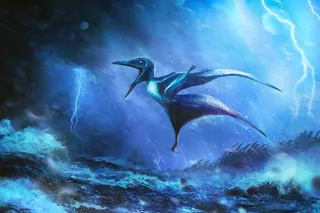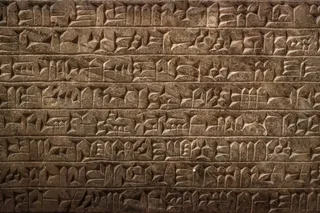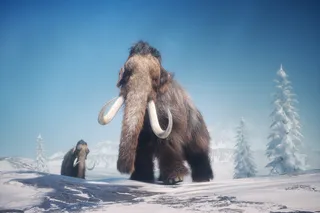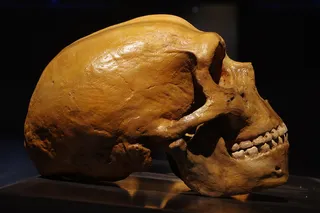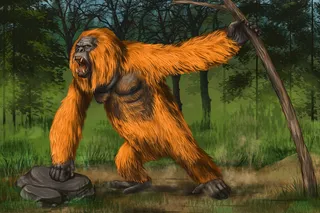Centuries ago, Homo sapiens and varieties of archaic humans lived in their own enclaves throughout different parts of the world. Before we spread to the corners of each continent, our original stomping grounds were in Africa. But as we were evolving there between 200,000 years and 30,000 years ago, who had been occupying the other continents?
A few thousand miles north of where our species took shape, another archaic human group called Eurasia home: Neanderthals. From England to Central Asia, Neanderthals developed their own culture to survive in environments that humans had not yet entered.
The exact location where Neanderthals first originated is hard to pinpoint, but fossil evidence suggests they were most prevalent in Western Europe. DNA analysis originally established the divergence point between Neanderthals and modern humans between 300,000 years and 500,000 years ago, but a 2019 study from University College London suggested that it should be moved ...









